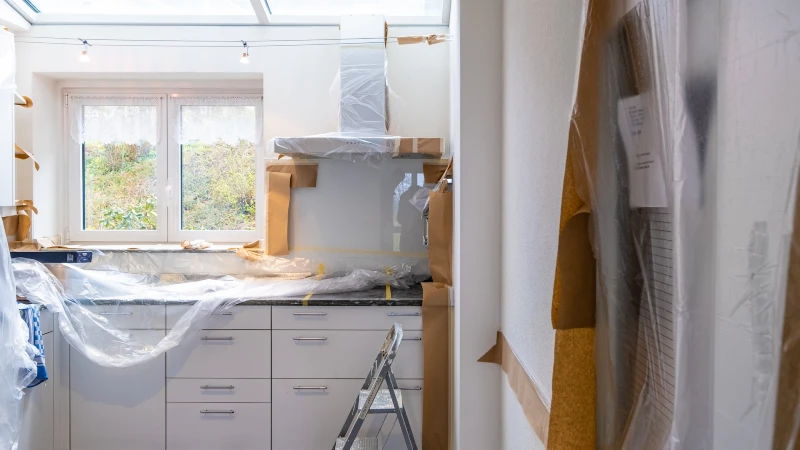Disclosure: This post may contain affiliate links, meaning we get a commission if you decide to make a purchase through our links, at no cost to you. Please read our disclosure for more info.
There is a lot of responsibility that comes with owning a home. As the owner, you are in charge of maintaining the property so that it is safe for you and your family. It is also completely up to you to invest in upgrades to deal with any outdated elements.
With this responsibility can come a lot of nervousness. Many homeowners are intimidated by the cost of taking care of their properties. However, there is another factor that affects their excitement about home maintenance, and it is their abilities.
There are varying levels of repairs and improvements that you will encounter as a homeowner in the state of Texas. Let’s discuss the various levels and which ones you can take care of yourself versus relying on hired professionals.
In This Post:
Easy Upkeep
Upkeep can be incredibly simple in many situations. These are tasks that you can do regularly without having to do much research, if any. At most, maybe you will watch a YouTube tutorial or search for a quick how-to article online. Cleaning is a simple window maintenance hack that can help prevent staining and debris build-up that might affect the insulation. Vacuuming and dusting surfaces throughout the house regularly can lower the strain on your air filters, promoting longevity for HVAC systems. Running a pipe cleaner or drain snake in some of your drainage systems can ensure debris is not allowed to build up inside, preventing potential water damage from occurring.
Minor Repairs
The next step up for taking care of your home is minor repairs. Anything that you notice has degraded due to wear and tear or is compromised needs to be repaired before the problem grows and becomes more expensive. One minor repair could be re-applying caulk to the sealed areas around windows and doors. You can also change out the filters in your furnace, air conditioners, or other appliances if they become clogged. Maybe something has loosed and needs a new fastener attached, such as a drywall screw or structural nail. These minor repairs are a key part of ongoing maintenance for Texas homeowners.
Replacing Outdated Features
When you start noticing some elements of your home that are not functioning as they should, it may be time to replace them. These tasks are a little more complicated than minor repairs. It might require some research to ensure that you can complete the project correctly so that the problem is erased or mitigated. For example, maybe you need to replace a faucet in your bathroom that has been leaking. You can do it yourself, but you will need to do some research to ensure you do not break any plumbing parts during installation. Other similar-level replacements may include lighting fixtures, broken appliances, or insulating pipes.
Critical System Repairs
When something significant goes wrong in your home, you may not have the knowledge to do the repair yourself. Maybe an outlet has sparked recently, and you are concerned about a fire hazard, or the dishwasher has flooded a few times recently. These more complex projects are riskier to tackle on your own. In most circumstances, you should probably get in touch with a professional to handle it. It is safer to take a test prep for getting a Texas electrical license, pass the exam, and DIY rather than try to guess how to fix a wiring problem. If you make a mistake with this level of repair, the cost could grow or your home could even be in danger.
Large-Scale Improvements
The highest level of home maintenance/improvement is large-scale projects. This could be a kitchen renovation, a master bedroom remodel, or a brand-new outdoor living space. These are projects that involve many layers, which means it is safer to hire contractors who can carry out the various tasks associated with the upgrades. Generally, these projects require far more knowledge and tools than the average homeowner possesses. Although it is certainly possible to attempt the DIY strategy, it is often wiser to shell out a little more money for labor costs to ensure it is done correctly.
Know Your Limitations
Maybe you are not sure what level of difficulty a particular project is. Sometimes, you may not realize how complex a repair or upgrade is until you start the project. The longer you are a homeowner, the more you will understand your limitations. Even those who are very handy have to call in professionals from time to time simply because homes can have very complex and diverse needs. Take note of what your skills are so that you know your limits, and do not try to tackle a project that is too big for you. Assess the various levels of repairs and improvements mentioned previously and evaluate your ability to finish each project.


